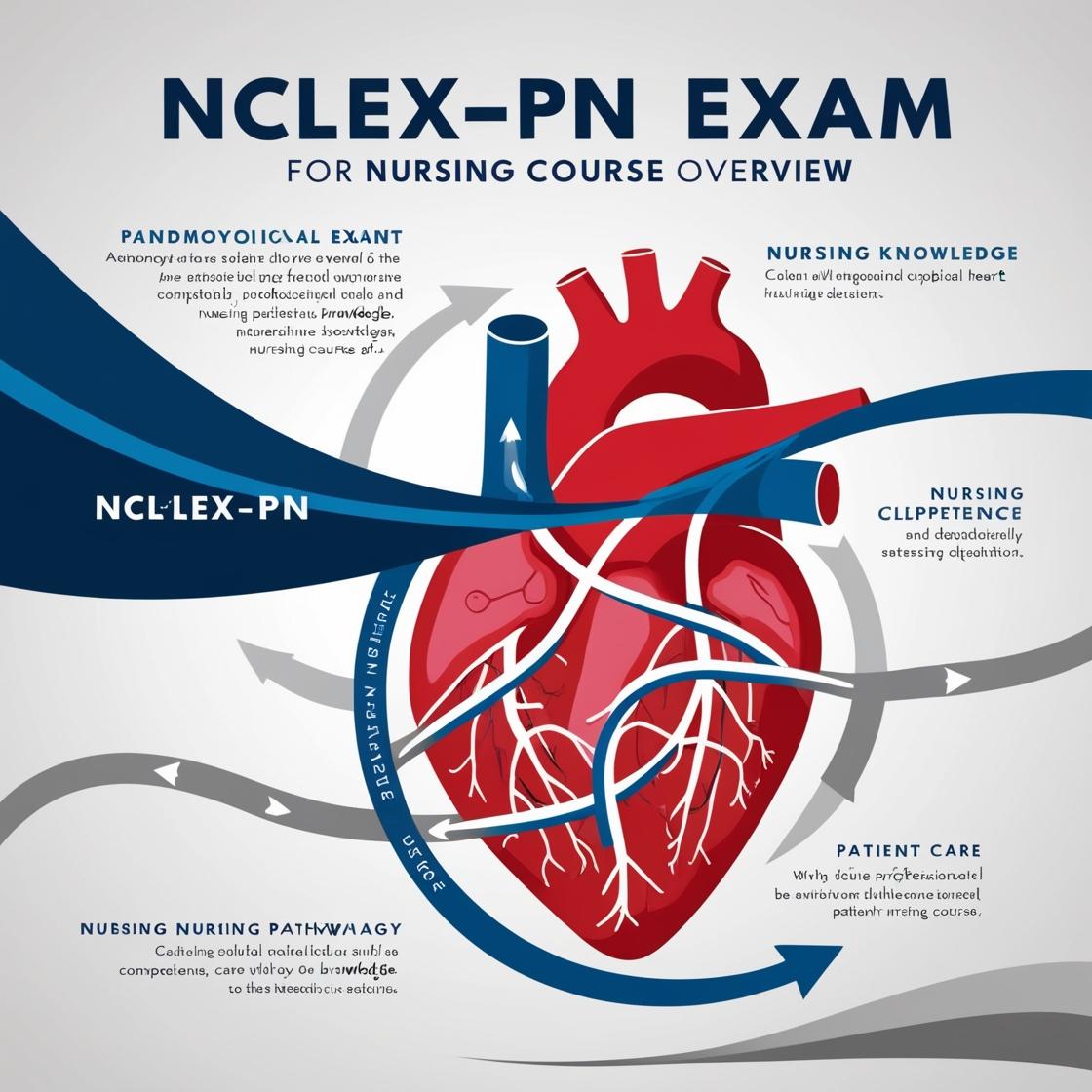NCLEX-PN
Nclex Exam Cram Practice Questions
1. A Hispanic client brings her father to the clinic because he is becoming more forgetful. He is diagnosed with Alzheimer's disease. The woman tells the nurse that she wants to try ginkgo biloba for her father before using prescription medications. Which of the following is an appropriate response by the nurse?
- A. "It is wiser to start with a prescription."?
- B. "That herb may not be effective for your father."?
- C. "You can't expect an herb to cure Alzheimer's."?
- D. "I will let the physician know of your wishes."?
Correct answer: D
Rationale: The appropriate response is to acknowledge the client's wishes and communicate them to the physician for consideration. It is important to be culturally sensitive and respect the client's preferences. Ginkgo biloba has shown some benefits in treating dementia, so it is essential to involve the healthcare provider in the decision-making process. Choices A, B, and C are dismissive and fail to consider the client's perspective and cultural beliefs. It is crucial for healthcare professionals to engage in open communication and collaboration with clients to provide patient-centered care.
2. A client who is immobilized secondary to traction is complaining of constipation. Which of the following medications should the nurse expect to be ordered?
- A. Advil
- B. Anasaid
- C. Clinocil
- D. Colace
Correct answer: D
Rationale: Colace is a stool softener that acts by pulling more water into the bowel lumen, making the stool soft and easier to evacuate. In the given scenario of constipation in an immobilized client, a stool softener like Colace is the appropriate choice to help facilitate bowel movements. Advil and Anasaid are nonsteroidal anti-inflammatory drugs (NSAIDs) used for pain relief, not for constipation. Clinocil is not a recognized medication for constipation relief.
3. Which direction given to the nursing assistant is most likely to accomplish the task of getting a urine specimen delivered to the lab immediately after collection?
- A. "Make it a stat delivery."?
- B. "Please do it as soon as you can after break."?
- C. "This client is delirious, and we're worried about urinary sepsis."?
- D. "Take this client to the bathroom now and collect a urine specimen from this voiding. Take the specimen to the lab immediately."?
Correct answer: D
Rationale: Effective delegation depends on clear, concise direction that leaves no room for question or interpretation on the part of the one being delegated to. In this scenario, the most appropriate direction is to ensure the urine specimen is collected promptly and delivered to the lab immediately. Choice A is too vague and does not specify the urgency required. Choice B does not emphasize the immediate need for the specimen to be delivered. Choice C introduces unnecessary medical information that is beyond the scope of a nursing assistant and may cause confusion. Therefore, choice D is the correct answer as it provides clear instructions for immediate action without room for misunderstanding.
4. The nurse is teaching a client about sleep and gives background information on normal sleep patterns. Which of the following substances promotes sleep?
- A. serotonin
- B. cortisol
- C. alcohol
- D. narcotics
Correct answer: A
Rationale: Serotonin is a substance found in the body that promotes sleep. It plays a role in the synthesis of a hypnogenic factor that directly induces sleep. Cortisol is a stress hormone that can disrupt sleep patterns. Alcohol can disrupt REM sleep and negatively impact sleep quality. Narcotics, like alcohol, can interfere with sleep architecture and lead to poor quality sleep. Therefore, the correct answer is serotonin as it is associated with promoting sleep, while the other substances listed can have negative effects on sleep patterns.
5. All of the following tasks could be delegated to a nursing assistant or unlicensed assistive personnel (UAP) except:
- A. monitoring intravenous infusion
- B. assisting a client to the bathroom
- C. offering fluid intake every 1-2 hours
- D. monitoring/recording the amount of fluid taken
Correct answer: A
Rationale: Monitoring an intravenous infusion involves assessing for complications, adjusting the flow rate, and monitoring the client's response, which requires the knowledge and skills of a licensed nurse (RN or LPN). Tasks that can be delegated to nursing assistants or unlicensed assistive personnel include assisting a client to the bathroom, offering fluids, and recording fluid intake. These activities are within the scope of practice for UAPs as they do not involve the specialized knowledge and training needed for intravenous infusion monitoring.
Similar Questions

Access More Features
NCLEX PN Basic
$69.99/ 30 days
- 5,000 Questions with answers
- Comprehensive NCLEX coverage
- 30 days access @ $69.99
NCLEX PN Premium
$149.99/ 90 days
- 5,000 Questions with answers
- Comprehensive NCLEX coverage
- 30 days access @ $149.99
